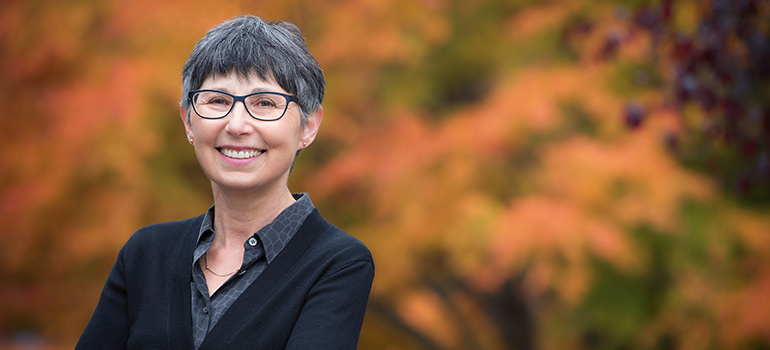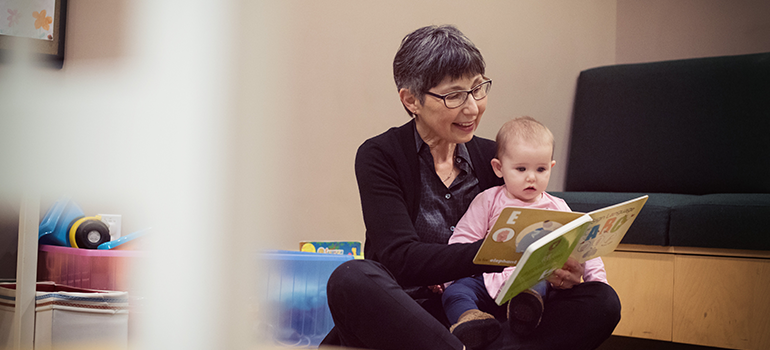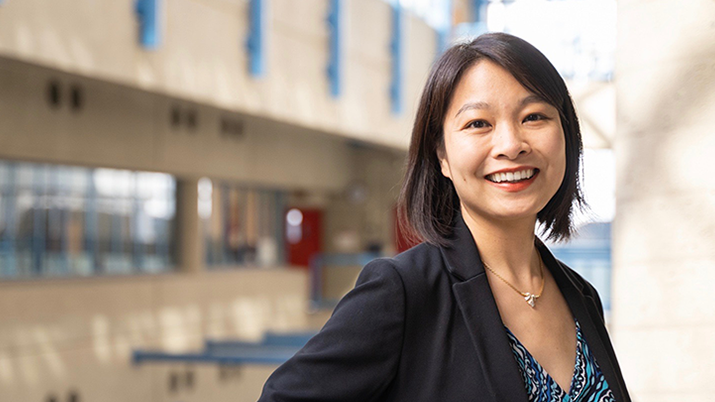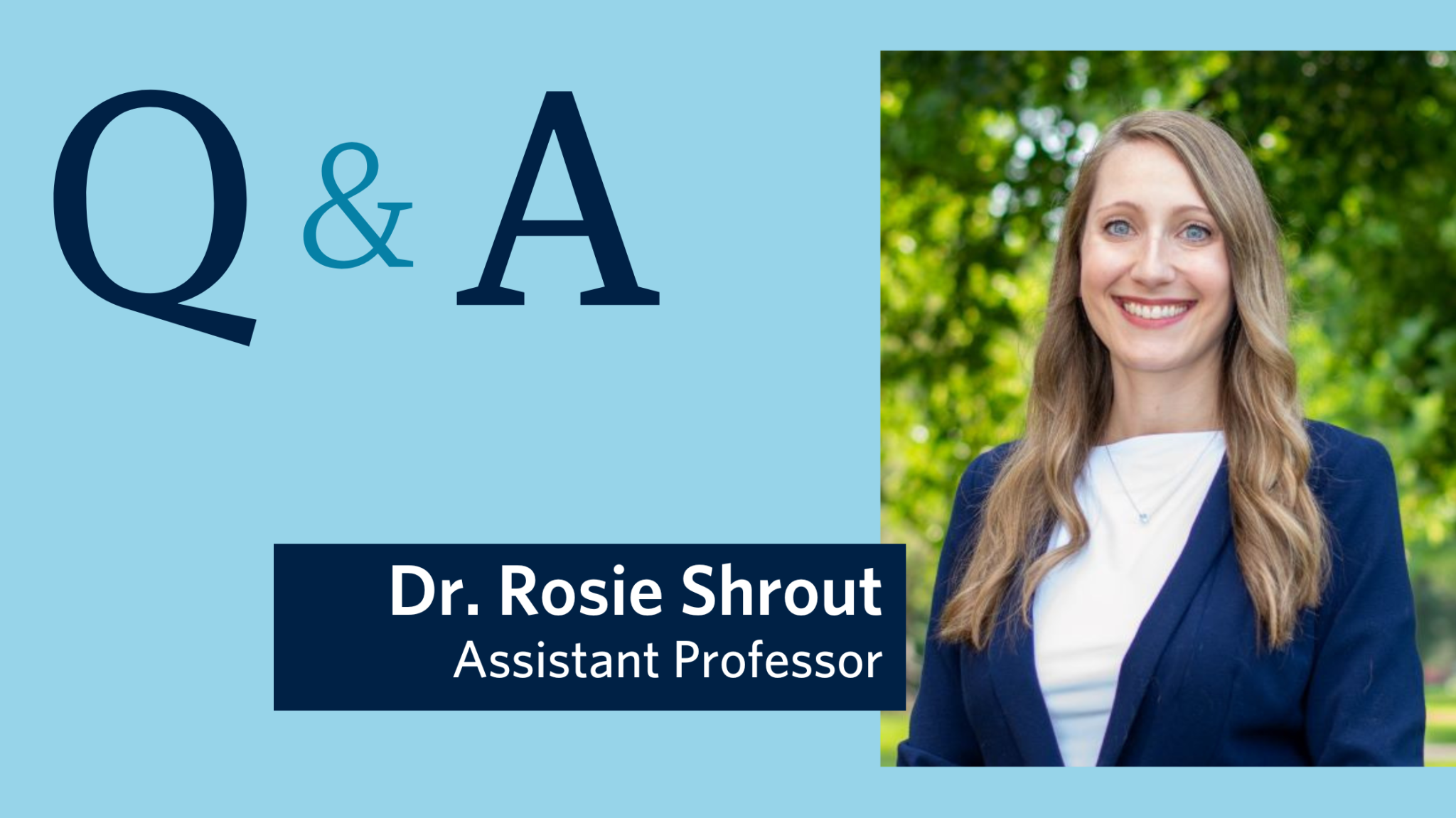

Janet Werker is the first UBC professor to win the Gold Medal Award, the highest research honour from the Social Sciences and Humanities Research Council. Photo: Martin Dee
Dr. Janet Werker, UBC Psychology Professor and Canada Research Chair, is the recipient of the 2015 SSHRC Gold Medal, the Social Sciences and Humanities Research Council’s (SSHRC) highest research honour.
Psychology students may know Professor Werker from their undergraduate Infancy classes, but she has also been internationally recognized for her research investigating language acquisition in both monolingual and bilingual learning infants.
Dr. Werker’s accomplishments are as vast as her body of research. She is a Fellow of the Canadian Institutes for Advanced Research, the Royal Society of Canada, the Canadian Psychological Association, The American Psychological Association, The American Psychological Society, the Cognitive Science Society, the American Association for the Advancement of Science, and most recently, the American Academy of Arts and Sciences. Her awards include the Killam Research Prize, the UBC Alumni Prize in Social Sciences, the Jacob Bieley Prize, and the Anne L. Brown Award in Developmental Psychology.
Now Werker adds the SSHRC Gold Medal for Achievement in Research to her list of awards and commendations. It is awarded to individuals whose sustained leadership, dedication and originality of thought have inspired students and colleagues alike. She received this honour on November 16 in recognition of the pioneering discoveries she has made in language acquisition; for her commitment to global and interdisciplinary collaborations; and for her exceptional record of mentorship and training in her field. Please join us in congratulating her on this achievement.
Pathway to discovery
In 1976, Werker was beginning her Ph.D. studies at UBC. She had one child at the time, and would have another before she completed her degree in 1982. Her first faculty position was at Dalhousie, but in 1985, she returned to UBC to begin a long, prolific research and teaching career.
Today, along with her Infant Studies Centre research team, Werker studies the perceptual foundations of language acquisition in early infancy. This is clearly a multifaceted topic, and she’s interested in studying each aspect in detail. For example, she says, perceptual foundations research is increasingly beginning to view speech as a multisensory perceptual system (rather than just an auditory one).
“We’re looking at how visible information, such as talking faces, influences auditory speech perception – and also how oral motor movements that a child is making themselves influence auditory speech perception,” Werker explains. “We’re also very interested in understanding the neural foundations of language processing, and the question of whether there are critical periods in development during which language input has a maximal input on perceptual reorganization.”
“We also do research on babies growing up bilingual to try to understand whether the sensitivities and affective experiences are different when you’re growing up in a bilingual versus a unilingual environment,” she says. “Right now, there are a few different ways we’re asking that question. One is to examine the extent to which culture is a ‘binder’ for bilingual acquisition – whether expressions of culture in a bilingual child’s home help them pull their two languages apart. For example, if you’re from a home where both Chinese and English are spoken, does seeing Chinese faces make you pay more attention to Chinese sounds over English sounds?”
Werker is also exploring the way in which growing up bilingual influences the conceptual biases and expectations that children have about what words might mean. “Children who are growing up monolingual assume that each basic level category has one term, whereas a baby growing up bilingual has at least two words for each basic level category,” she says, and this can cause bilingual children to make assumptions about words in one of their languages based on their knowledge of the other.
To address these interrelated question, her lab uses both behavioural and neuroimaging tasks.
“I’m never looking at just one thing,” she says.


Dr. Janet Werker in the UBC Infant Studies Centre. Photo: Martin Dee
Collaborations and connections
Werker currently holds grants from SSHRC, NSERC, and NIH. These sources each support different areas of her research, but she feels that the areas are deeply interconnected.
“Even within psychology you can be very interdisciplinary,” says Werker. “Trying to understand the processes of change and how we become who we are; you can ask questions about that from many different perspectives.”
The Infant Studies Centre is one of the six UBC early development labs that make up the Early Development Research Group (EDRG). The EDRG shares a baby database (soon to reach 35,000 names), research assistants, and even parking spaces. “It’s phenomenal. And of course, once you start collaborating on infrastructure, you start collaborating on ideas,” Werker says. “We’re seeing more and more collaborations between the Early Development faculty members, and lots of students and postdoctoral fellows working across labs.”
Werker occasionally studies speech in adults, but only when it helps her understand how a particular system is represented in adults as opposed to children.
“My sense is that you can best understand a process by looking at where it came from. I’m also very interested in biological foundations of behaviour, and infancy is where it all starts,” she says. “I like to study those aspects of human behaviour, such as language, where there is significant organization from birth, yet also experientially determined changes that will affect the rest of your life.”
A scientist and a mother
These investigations certainly have affected Werker’s life, and vice-versa; she says that her research has informed her knowledge of child development, but that her own experiences as a mother and grandmother have also helped to guide the direction of her work. “The more time you spend around infants and young children, the more you realize how organized the mind is from early in life.”
When asked how her knowledge of development impacted her own parenting, Werker replied: “I have read enough over a long enough period to know that views towards parenting cycle historically, but I do think that the longer you’re in a field, the better you’re able to pull out the lasting values…the most important parts.”
A new era of language science
One would think that with this impressive body of scientific work and teaching, Werker might consider slowing down, taking on less. That is the exact opposite as Werker embarks on a new UBC-wide Language Sciences initiative. This initiative will leverage a community of scholars who study language – and ultimately integrate this research into a university-wide course in Language Science.
“Language is the trait that distinguishes humans from other species. It is language – both spoken and written – that has enabled us to create our worlds, to reason about the past, to plan for the future, and to share experiences, feelings, and information with one another now and across time,” says Werker. “The Language Science initiative will bring together the enormous strength that exists across UBC to support new ways of studying language, applying language sciences, and using it to guide new approaches to scholarship.”
With generous support from Marietta Hurst, an exceptional donor who is passionate about the wonder of language, the Language Science initiative is quickly turning a dream into a reality. This innovative and integrated research program is being developed in collaboration with Dr. Bryan Gick, Professor and Head, UBC Department of Linguistics, and Dr. Sidney Fels, Professor, Department of Electrical and Computer Engineering at UBC. The project will launch with a university-wide course that will be offered first to UBC students, and later to the broader community.
-Katie Coopersmith with Bonnie Vockeroth
Related
- UBC professor honoured for research into children’s language acquisition
- Janet Werker of The University of British Columbia receives SSHRC’s Gold Medal
- SSHRC Q and A and profile on Dr. Janet Werker
- Five of Canada’s top researchers receive SSHRC Impact Awards
- New research: babies need free tongue movement to decipher speech sound
- Infants raised in bilingual environments can distinguish unfamiliar languages


